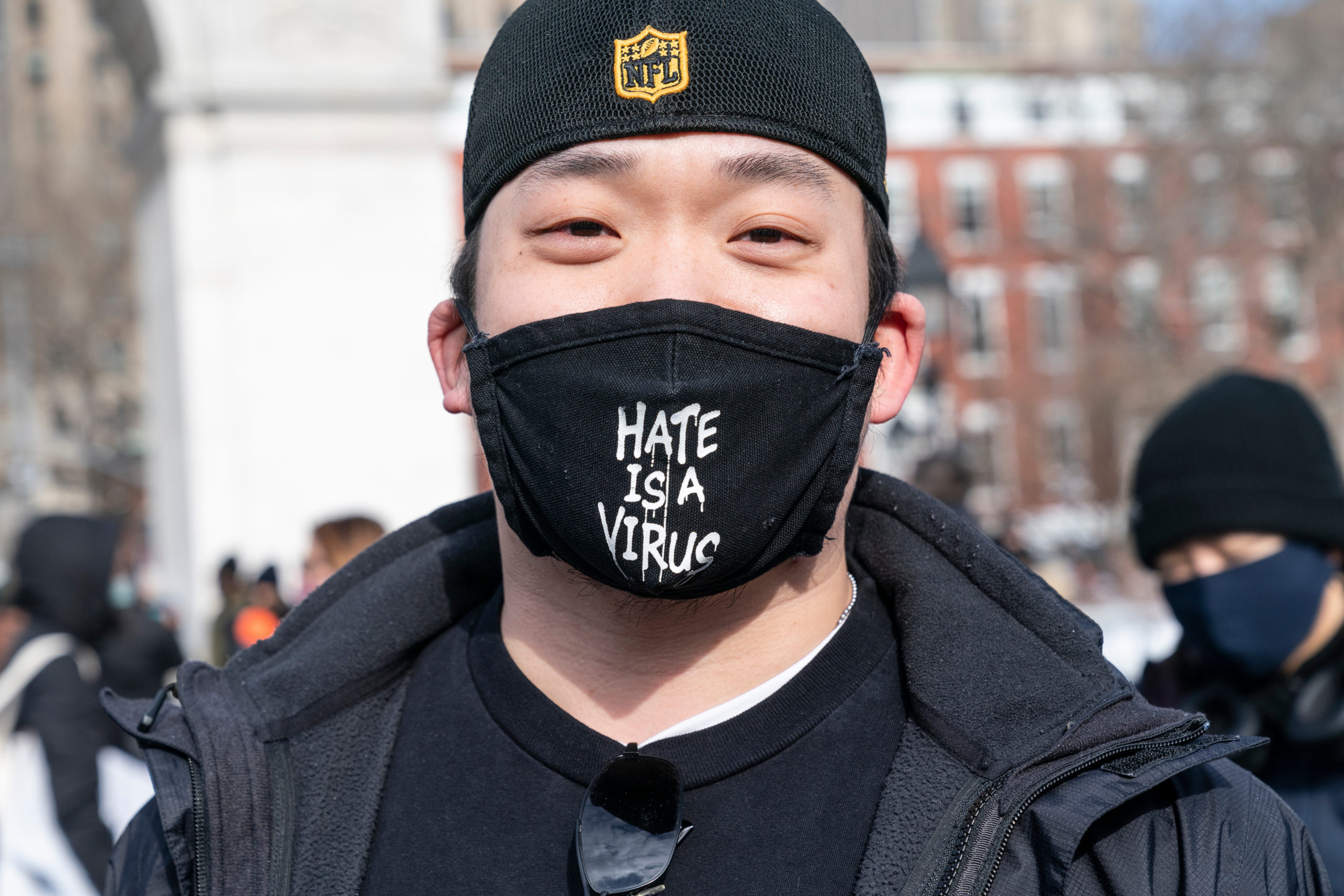Quartet Stands in Solidarity with the AAPI Community

March 3, 2021
At Quartet, we are alarmed at the rise of racist and violent attacks against Asian Americans and Pacific Islanders (AAPI) in the United States. These attacks are horrific and have no place in our society. Since the beginning of the COVID-19 pandemic, there have been nearly 3,000 reports of hate crimes against Asian American and Pacific Islanders around the country, with many violent attacks specifically targeting the elderly.
When the first cases of COVID were diagnosed in the United States, there was an alarming uptick in anti-Asian rhetoric including sinophobic and xenophobic remarks, some even promoted by elected officials. Blaming disease outbreaks on AAPI people has an unfortunate precedent: Asian American and Pacific Islanders have been blamed for everything from the bubonic plague to smallpox to leprosy. When the COVID outbreak began, Asian-owned businesses saw a steep decline in sales, and then the attacks began.
Two young children were stabbed. Sixty-one-year-old Noel Quintana was slashed in the face with a box cutter. A 51-year-old woman had acid thrown on her. An 89-year-old woman was set on fire. Eighty-four-year-old Vicha Ratanapakdee was attacked and died from his injuries.
Sadly, these hate crimes and discrimination are not new in this country. We’ve witnessed Anti-Asian racism shape American politics and policies with the Page Act, the Chinese Exclusion Act, The Annexation of Hawaii, The Immigration Act of 1924, Thind V. United States, Japanese-American Internment (Executive Order 9066), Gong Lum v. Rice, the murder of Vincent Chin and the Muslim Ban. Anti-Asian racism has shaped our cultural and political discourse, witnessed most recently by the 800% increase of terms like the “china-virus,” and the violence against the AAPI community that took place during the SARS epidemic.
In addition to facing blame, discrimination, and violence this past year, Asian Pacific Americans have seen nearly 233,000 of their small businesses close and experienced high unemployment rates all while as many as 1 in 665 Pacific Islander Americans died from the virus compared to 1 in 825 of White Americans.
The Model Minority Myth idealizes the Asian Pacific American experience and masks the deep marginalizations and racist biases suffered by the AAPI people. The Model Minority Myth is a tool of white supremacy that projects a false image of a “perfect and struggle-less minority” and upholds a racist system of beliefs and expectations upon the AAPI community. It attempts to pit minority groups against one another while erasing the struggles of AAPI people in the United States and sets up whiteness as the ideal pursuit for all people groups to follow.
The truth is, we don’t have a complete picture of what Asian Americans are experiencing as many of the struggles and discrimination the AAPI communities face are ignored. Experts say that “the severity of Asian Americans’ struggles has been minimized at best or gone unnoticed at worst.” According to Mental Health America (MHA), Asian Pacific Americans are the least likely racial group in the United States to seek mental health services. The myth of the “Model Minority” can deter AAPI people from speaking out and seeking mental health care. In addition, with matters of mental health being heavily stigmatized, the struggle to find culturally competent care is all the more challenging. This is especially insidious given racism’s negative impact on mental health.
Unfortunately, even for AAPI individuals who do seek out care, receiving respectful and equitable treatment from medical professionals has not always been the reality. In 2017, 13 percent of Asian Americans reported discrimination when visiting a doctor or health clinic, and the number went up to one in six among Asian American immigrants. We at Quartet deem this to be completely unacceptable.
We encourage anyone who may need mental health care to seek it out, and at Quartet, we’re working every day to make it easier for people to access the best care for their needs. Quartet is dedicated to fighting racism in all its forms on every front, and we stand against all acts of injustice that marginalize AAPI people. We condemn these racist attacks for the hate crimes they are. Anti-Asian Pacific discrimination did not start with COVID-19. We cannot ignore the struggles of Asian Pacific Americans any longer nor anticipate that this racism will disappear once the pandemic is over. For far too long, the lived experiences of Asian Pacific Americans have been ignored and unchallenged. Enough is enough.
— Team Quartet
Explore more

Quality Mental Health Care, Wherever You Are
At Quartet, we know that mental health care isn’t one size fits all.

Take Your Own Advice: A Note to Therapists on Self Care During COVID‑19
COVID-19 added a layer of complexity for mental healthcare workers, who may be experiencing their own stressors and anxieties related to the crisis.

Fighting Two Pandemics: Supporting Domestic Violence Survivors and Their Mental Health Needs During COVID‑19
For some, following the stay-at-home orders for one pandemic may render them vulnerable to another: domestic violence.



